Description
PHARMACOLOGICALACTION
Exemestane is an irreversible, hormone aromatase inhibitor, structurally related to the natural substrate androstenedione. In post-menopausal women, oestrogens are produced primarily from the conversion of androgens into oestrogens through the aromatase enzyme in peripheral tissues. Oestrogen deprivation through aromatase inhibition is an effective and selective treatment for hormone dependent breast cancer in postmenopausal women.
INDICATIONS
Exemestane is indicated for the adjuvant treatment of postmenopausal women with oestrogen receptor positive invasive early breast cancer (EBC), following 2 – 3 years of initial adjuvant tamoxifen therapy. Exemestane is indicated for the treatment of advanced breast cancer in women with natural or induced postmenopausal status whose disease has progressed following anti-oestrogen therapy. Efficacy has not been demonstrated in patients with oestrogen receptor negative status.
WARNINGS
Exemestane should not be administered to women with pre-menopausal endocrine status. Therefore, whenever clinically appropriate, the post-menopausal status should be ascertained by assessment of LH, FSH and oestradiol levels. Exemestane should be used with caution in patients with hepatic or renal impairment.
DOSAGE AND DIRECTIONS FOR USE
Posology Adult and elderly patients The recommended dose of Exemestane is one 25 mg tablet to be taken once daily, preferably after a meal. In patients with early breast cancer, treatment with Exemestane should continue until completion of five years of combined sequential adjuvant hormonal therapy (tamoxifen followed by Exemestane), or earlier if tumour relapse occurs. In patients with advanced breast cancer, treatment with Exemestane should continue until tumour progression is evident. No dose adjustments are required for patients with hepatic or renal insufficiency. Paediatric population Not recommended for use in children.
SIDE-EFFECTS AND SPECIALPRECAUTIONS
Exemestane was generally well tolerated across all clinical studies conducted with Exemestane at a standard dose of 25 mg/day, and undesirable effects were usually mild to moderate. The withdrawal rate due to adverse events was 7.4% in patients with early breast cancer receiving adjuvant treatment with Exemestane following initial adjuvant tamoxifen therapy. The most commonly reported adverse reactions were hot flushes (22%), arthralgia (18%) and fatigue (16%). The withdrawal rate due to adverse events was 2.8% in the overall patient population with advanced breast cancer. The most commonly reported adverse reactions were hot flushes (14%) and nausea (12%). Most adverse reactions can be attributed to the normal pharmacological consequences of oestrogen deprivation (e.g., hot flushes)
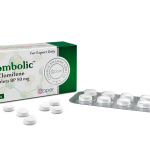
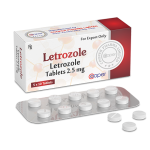
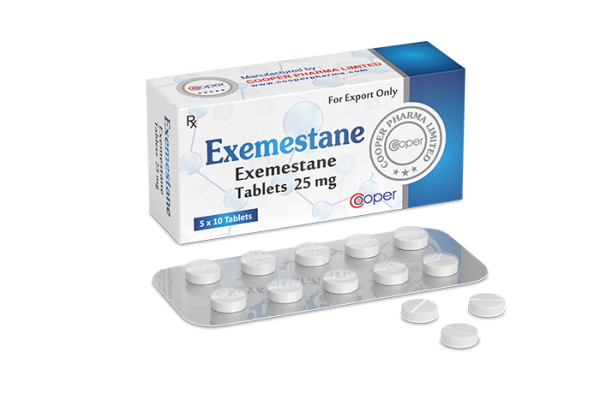
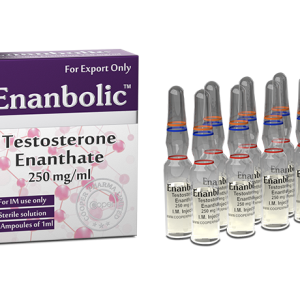
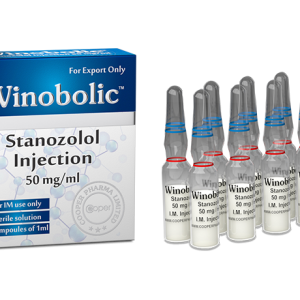
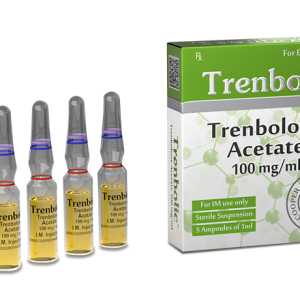
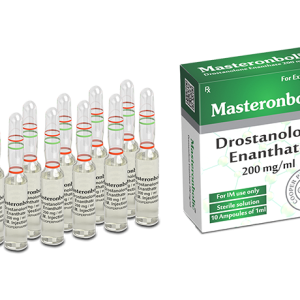
Reviews
There are no reviews yet.